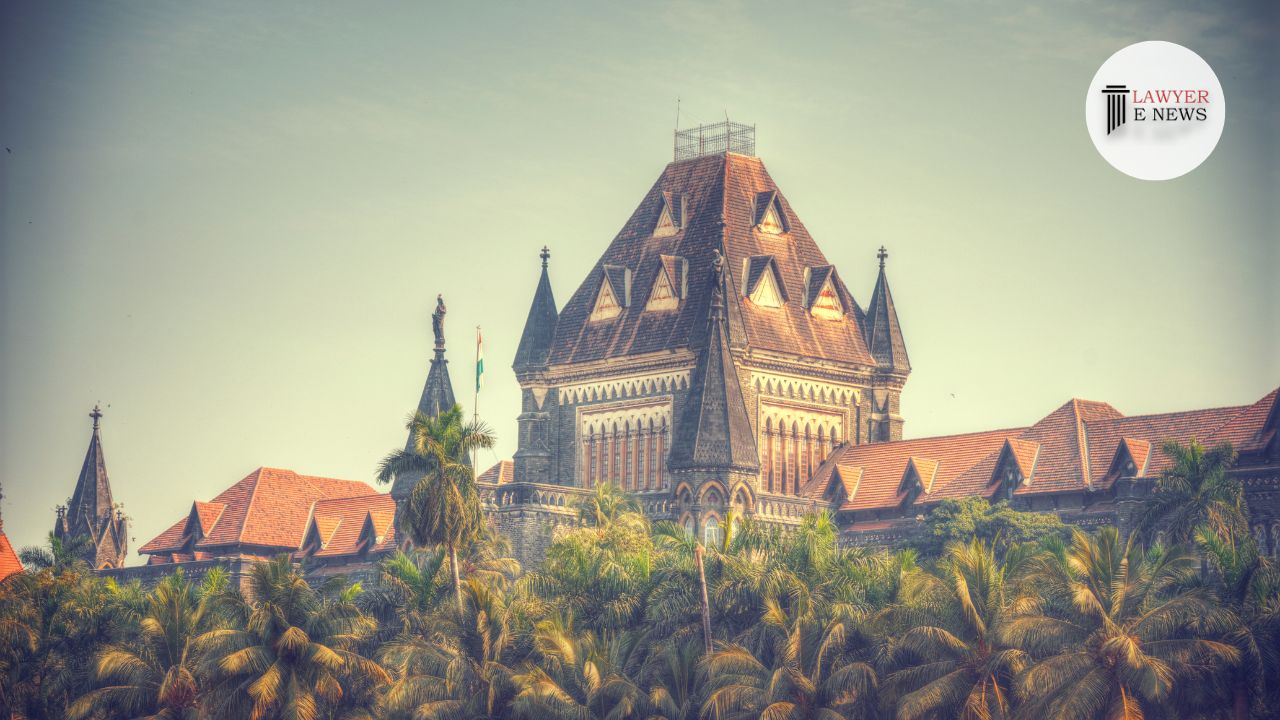-
by Admin
15 February 2026 5:35 AM



In a significant judgment, the High Court of Judicature at Bombay has dismissed a criminal revision application challenging the Family Court’s order on maintenance. The application filed by Prakash Eknath Dheple sought the cancellation of maintenance awarded to his wife and son, while the respondents sought an enhancement. Justice Sanjay A. Deshmukh upheld the Family Court’s decision, emphasizing that mere employment of the wife does not disqualify her from receiving maintenance, especially in light of rising living costs.
Employment and Maintenance: The court delved into the complexities surrounding the employment of the respondent wife, Vithabai, who was found to be earning between Rs. 12,000 to Rs. 15,000 per month. Despite the husband’s claim that her employment nullified her need for maintenance, the court reiterated that a wife’s employment alone does not disentitle her from receiving maintenance. Justice Deshmukh noted, “The mere fact that the wife is employed does not eliminate her entitlement to maintenance, particularly when the initial amount was meager considering the current cost of living.”
Financial Needs and Educational Expenses: The court considered the financial requirements of Vithabai and her son, Kailas, who is a student. The enhancement of maintenance was justified by the increase in living costs and educational expenses. The Family Court had earlier enhanced the maintenance to Rs. 3,500 per month, considering these factors. “The increased cost of living and the educational needs of the son necessitate a fair enhancement of maintenance,” stated Justice Deshmukh.
In affirming the Family Court’s decision, the judgment underscored the principles of evaluating maintenance claims under Sections 125 and 127 of the Cr.P.C. The court highlighted that the applicant’s inability to prove economic hardship was a significant factor. “The husband’s claim of being economically disadvantaged was not substantiated with credible evidence,” noted Justice Deshmukh.
Justice Deshmukh remarked, “Merely because the wife is earning does not exonerate the husband from his liability to pay maintenance. The initial maintenance amount was insufficient, and the enhanced amount of Rs. 3,500 per month is justified considering the current economic circumstances.”
The dismissal of the revision application by the High Court reinforces the judicial stance on maintaining fair maintenance orders considering all relevant factors, including living costs and financial needs of dependents. This judgment sends a strong message about the equitable distribution of maintenance responsibilities and supports the legal framework designed to ensure just outcomes in family law cases. The imposition of costs and interest on arrears also highlights the court’s commitment to expediting maintenance payments and preventing undue delays.
Date of Decision: 10th May 2024
Prakash vs. Vithabai
